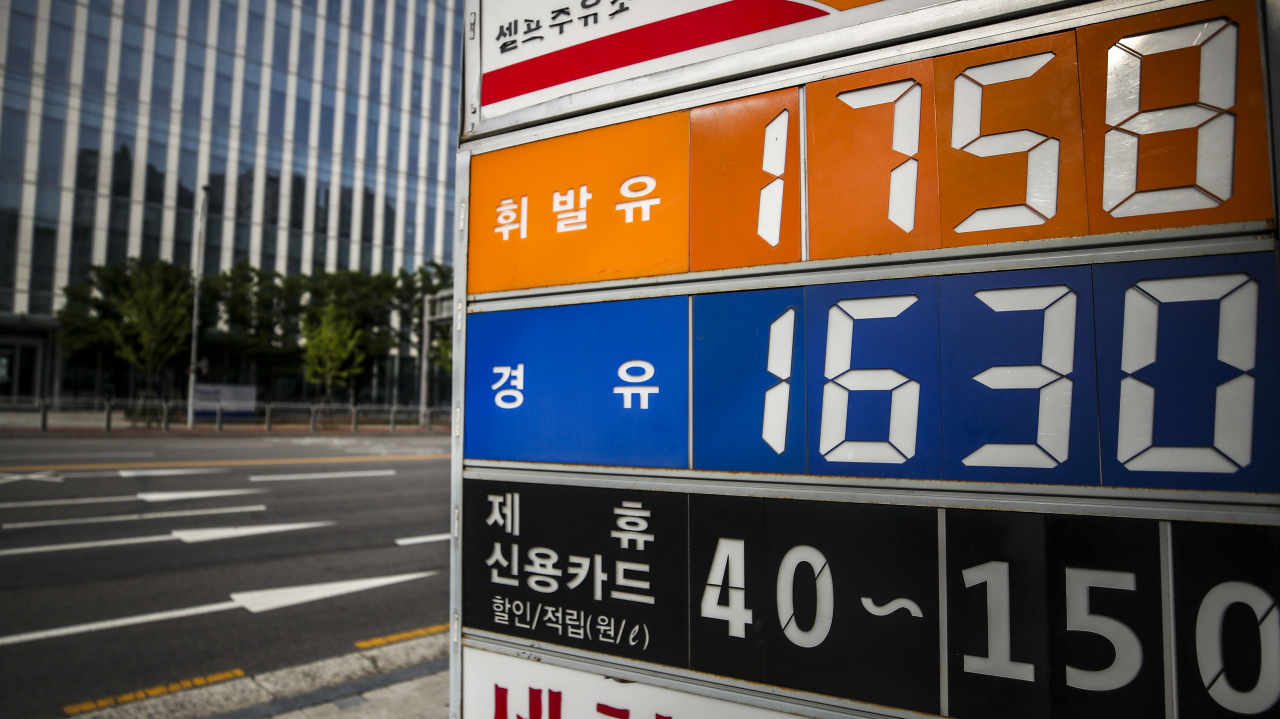
Iranian funds worth an estimated $6 billion, frozen in bank accounts in Korea, have been released, following the US and Iran's tentative agreement to engage in a prisoner swap in exchange for Tehran's access to the blocked funds.
All of Iran’s frozen funds in Korea have been unblocked, Central Bank of Iran Gov. Mohammad Reza Farzin said through a post written in Persian on social platform X on Saturday.
The central bank chief wrote that $7 billion in Iranian assets in Korea have been converted into euros with the help of a bank in a third country and will be transferred to Iranian banks in Qatar.
Farzin also mentioned the funds shrunk by nearly $1 billion in value due to the depreciation of the Korean won. No interest on the deposit was paid, he added.
On Sunday, a spokesperson for Seoul’s Foreign Ministry declined to confirm the possible release of the funds, citing the sensitivity of the issue.
The release of Iran’s seized assets in Korea comes as Iran and US reached an agreement on the blocked funds. The US agreed to Korea unfreezing the Iranian funds here and releasing five jailed Iranians in exchange for Iran allowing five detained US citizens to leave the country.
The Iranian funds were stuck in the state-run Industrial Bank of Korea and the commercial Woori Bank since May 2019, after the two Korean banks refrained from processing them in response to US sanctions after former US President Donald Trump unilaterally pulled out of the Iran nuclear deal.
On Friday, an IBK official declined to verify the current status of the money, saying, "The process is being carried out through government-to-government discussions, so at this point, we are unable to provide specific details."
An official from Woori Bank offered a similar answer, affirming that the transfer of Iranian funds would keep to the terms established by the government, and declined to provide further information.
Asked about the possible impact of the massive transfer out of the country, John Kirby, Washington’s National Security Council coordinator for strategic communications, predicted that the impact on the nation’s foreign exchange market would be limited.
"All I can tell you without getting into too much of the details is that we have worked extensively with the South Koreans on this and there's no impact to the movement of the account from South Korea," Kirby said in a virtual press briefing held Friday.
Even though the Korean government has not yet confirmed the money transfer as of Sunday, the alleged release of Iranian assets is expected to help improve the soured relations between Seoul and Tehran.
According to the Korea International Trade Association, Korea's trade volume with Iran was at its highest of $17.42 billion back in 2011, but the figure slipped to $2.41 billion in 2019 and $206 million in 2020 as sanctions against the country strengthened.
If sanctions on Iran are lifted, Korea, a country dependent on energy imports, could secure a major partner for shipping oil goods, which would help the country maintain stable oil imports.
Prior to the ban in May 2019, Korea imported 13.2 percent of its oil from Iran, the third largest amount following Saudi Arabia at 28.5 percent and Kuwait at 14.3 percent in 2017.
It remains to be seen whether Korea’s tech giants Samsung and LG can resume their suspended sales in Iran.
Following the US sanctions in 2018, both firms withdrew most of their local operations from the country. In return, Iran imposed an import ban on their home appliances in 2021.



















![[Today’s K-pop] Treasure to publish magazine for debut anniversary](http://res.heraldm.com/phpwas/restmb_idxmake.php?idx=642&simg=/content/image/2024/07/26/20240726050551_0.jpg&u=)